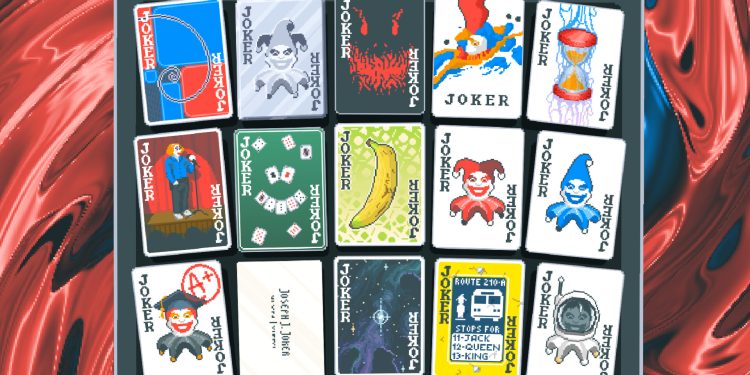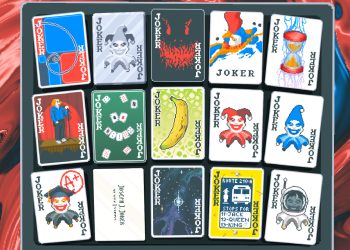It’s a bit like baking a cake, isn’t it? Sometimes, you follow the recipe perfectly, but that one ingredient doesn’t seem to fit. Recently, LocalThunk, the solo developer behind the hit indie title Balatro, found himself stirring up a conversation regarding PEGI ratings after snagging the Best Indie Game of 2024 award at The Game Awards. With over 3.5 million units shipped since its February release, it’s safe to say LocalThunk has had a busy year!
However, not everything is sweet in Balatro‘s world. On social media, LocalThunk expressed his frustrations about receiving an 18+ rating mere weeks after launch. He cheekily compared his game to titles like EA Sports FC, suggesting that if he tossed in some loot boxes and microtransactions, he could quickly bring that rating down to something more family-friendly, a cozy little 3+. Isn’t it amusing how quickly things can change in gaming?
‘The Red Logo Looks Kinda Dope’
Here’s where it gets interesting: LocalThunk is not against having an 18+ rating for Balatro. Instead, he seems more “irked” by games that garner lower ratings despite featuring arguably worse mechanics. For example, he points out how EA Sports FC, which involves real gambling through loot boxes, gets a pass with less strict ratings.
This issue has been simmering for some time now. Courts around the globe have debated whether loot boxes should be classified as gambling, and some regions have outright banned them! It raises a valid question: why do certain games slide under the radar while others get scrutinized? You might find yourself nodding along with LocalThunk when he says:
The red logo looks pretty cool, though; I’ll give him that! But really, what struck me was LocalThunk’s follow-up tweet:
Just to clear it up – I’m way more irked at the 3+ for these games with actual gambling mechanics for children than I am about Balatro having an 18+ rating.
If these other games were rated properly I’d happily accept the weirdo 18+.
The red logo looks kinda dope!
You can check out more about this discussion on the PEGI platform. They justify their strong rating by explaining:
This game teaches – by way of images, information and gameplay – skills and knowledge that are used in poker… Because these are hands that exist in the real world, this knowledge and skill could be transferred to a real-life game of poker.
This adds another layer to our understanding of why certain mechanics receive scrutiny while others don’t! As we reflect on this topic, how often have we dismissed specific gaming experiences because they didn’t come with flashy graphics or immersive storylines?


















